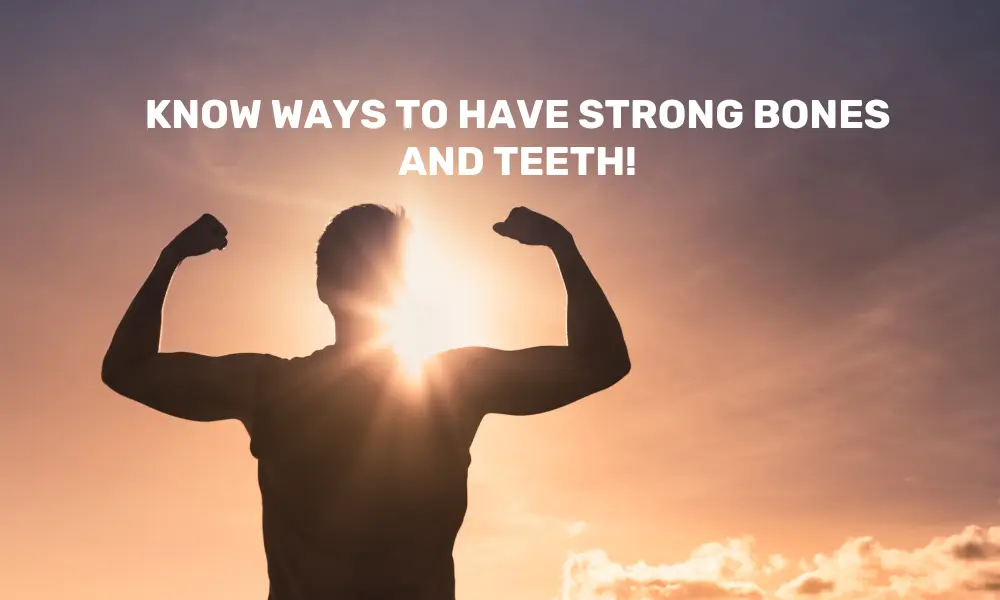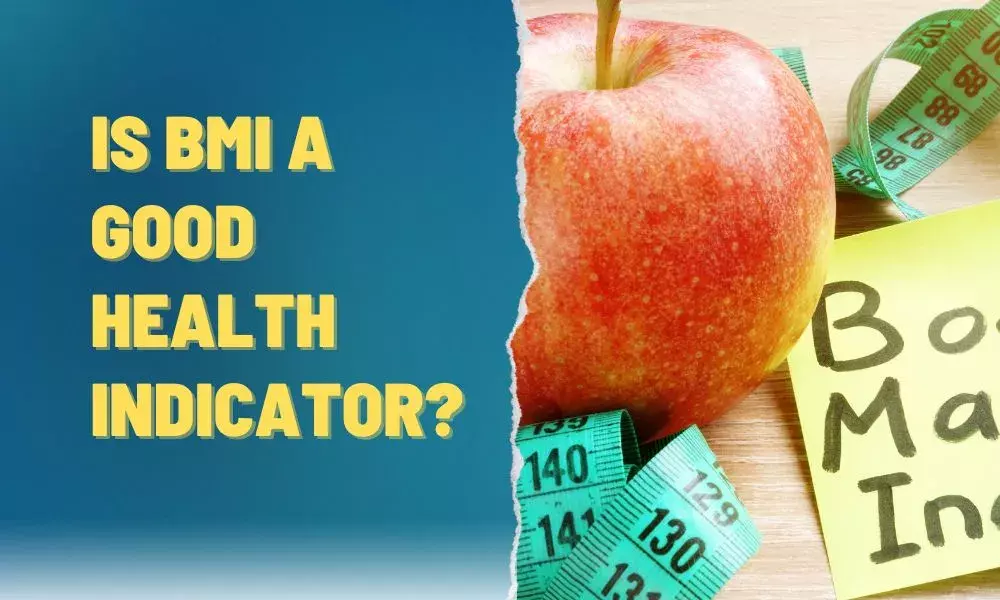Our bones grow weaker as we age, and without adequate nourishment, vitamins, and minerals, they may quickly turn brittle, which can cause chronic pain, issues in movements, weak teeth, and brittle nails. Robust bone health is also crucial for a good posture. However, achieving strong bones and teeth is not complicated if one consumes a balanced diet and includes sufficient vitamins in everyday meals.
Here’s a list of vitamins that can ensure strong bones and teeth:
Vitamin A
Vitamin A is crucial for maintaining oral health as it helps in the formation of keratin, an essential protein that teeth enamel is made of. Sensitive teeth or gums can indicate Vitamin A deficiency and a sign that you need to increase your intake of this nutrient. Vitamin A is also important for healthy gum tissue, and not adding a sufficient amount of it could lead to inflamed, irritated, or swollen gum. It can also lead to gum bleeding while brushing or flossing teeth.
Ways to add Vitamin A to the diet
Carrot: Abundant in the winter season, raw or cooked carrots can be added to a variety of sweet and savory dishes, be it salad, curries, or puddings.
Sweet potato: Sweet potatoes are another rich source of Vitamin A. They can be boiled or baked or turned into a stir-fry for a delectable treat.
Watermelon: Sweet, juicy, and delicious – watermelon offers loads of nutrients apart from a generous dose of Vitamin A. It is best enjoyed as a whole fruit, but you can also consume its juice and add it to salad or frozen treats.
Kale: The leafy green vegetable, which is a storehouse of Vitamin A and a range of micronutrients, can be added to salads or in curries and soups. Kale chips are also gaining popularity.
Vitamin B 12
Vitamin B12 is an important nutrient for having strong teeth as it helps your body absorb calcium, an essential mineral for your teeth and bones. Vitamin B12 deficiency can cause tooth loss due to weakened bones and gums. Vitamin B12 deficiency causes an increase in dental caries in children.
Ways to add Vitamin B12 to the diet
Greek yogurt: Milk products like yogurt have the highest absorption of vitamin B12.
Eggs: Eating boiled eggs in breakfast could help improve your Vitamin B12 levels. Also, egg yolks may have higher levels of vitamin B12 than egg whites, so you must add them to your diet.
Vitamin C
Vitamin C is vital for maintaining stronger teeth as well as gum health. As per a study published in Frontiers in Nutrition, Vitamin C contributes to collagen synthesis, which is an important protein that supports tooth structure and helps maintain stronger teeth. Sufficient levels of Vitamin C help reduce the risk of developing caries in children. It is also an excellent vitamin for gums. It helps to keep the connective tissues in the gums healthy and strong, which can prevent gum bleeding and disease.
Ways to add Vitamin C to the diet
Bell peppers: Bell peppers are a good source of Vitamin C. It can be consumed raw or sauteed, grilled, or roasted, depending on your preference.
Oranges: Super-rich in Vitamin C, these fruits are best eaten whole. They can be added to fruit salads or consumed in the form of juice, breakfast rolls, or desserts. However, eating them sweet can be harmful to your teeth.
Strawberries: Raw strawberries are the best for your teeth health, and any added sugar must be avoided in the recipes. You can eat them as a whole fruit and add them to smoothies and other baked goods.
Vitamin D
Vitamin D is regarded as important for teeth health because it helps with calcium absorption and strengthens the bones. Vitamin D is important for bone and tooth mineralization. Deficiency of Vitamin D can lead to weakness in the tooth, which means your teeth are highly susceptible to fracture and decay.
Ways to add Vitamin D to the diet
Oily fish: One of the richest sources of Vitamin D, oily fish like salmon, sardines, herring, and mackerel can be added to the daily diet to increase Vitamin D intake, which can go a long way in improving your dental health. Oily fish can be grilled, barbecued, roasted, or baked.
Egg yolks: A brilliant source of Vitamin D, egg yolks can be consumed in a variety of ways. Poaching, soft boiling, or scrambling them could help you reap the benefits of vitamins like A, D, E, and choline.
Fortified foods: Certain foods are fortified with Vitamin D, like cereals, orange juice, fortified milk, and cheese, which can be added to the diet.
Vitamin K
Vitamin K1 and K2 both can contribute significantly to your dental health; the former is found in green leafy vegetables, while the latter – further divided into subgroups like MK4 and MK13, is mostly found in dairy products, pork, poultry, and fermented foods. Vitamin K helps active proteins that regulate bone mineralization and can assist in the development and repair of teeth and bones. When it comes to bone health, including dental health, Vitamin K2 especially has a protective effect on bones.
Ways to add Vitamin K to the diet
Broccoli (Vitamin K1): Green leafy vegetables are abundant in Vitamin K, and broccoli is no exception. It can be added to soups, salads, or stir-fries.
Radish (Vitamin K1): Radish is rich in Vitamin K1, and depending on your taste preference, you can have it raw for a crunchy bite or cooked, roasted, or buttered for a delectable treat.
Dairy products (Vitamin K2): Be it milk, cheese, or yogurt, you can increase your Vitamin K2 intake and improve your dental health by consuming dairy products.
Including these essential vitamins can help achieve healthy and strong teeth and bones. So, why wait for brittle bones and teeth? Include these nutrients in your daily diet and ensure strong bones and teeth. Click here to consult a Dentist.





